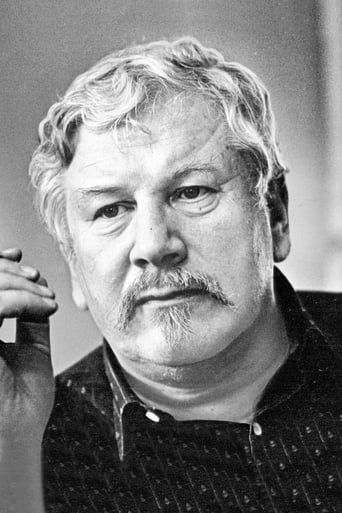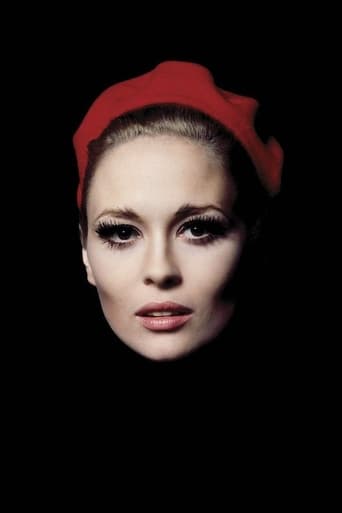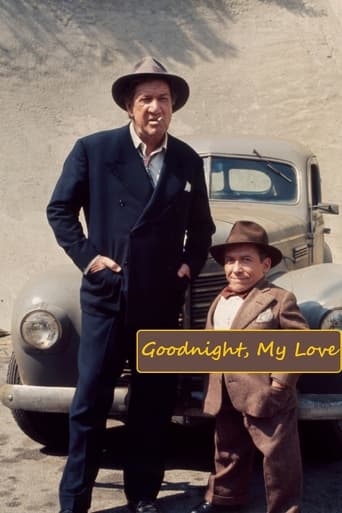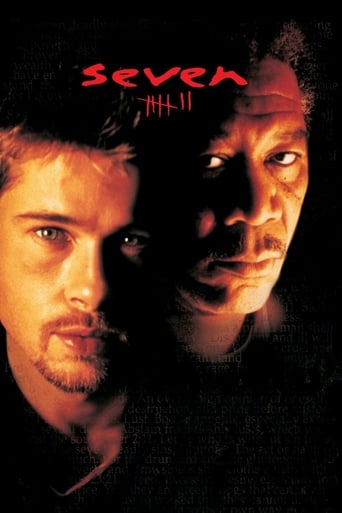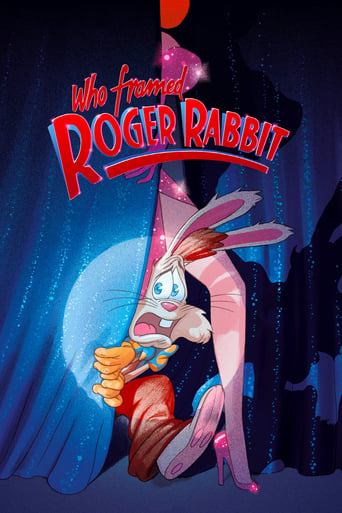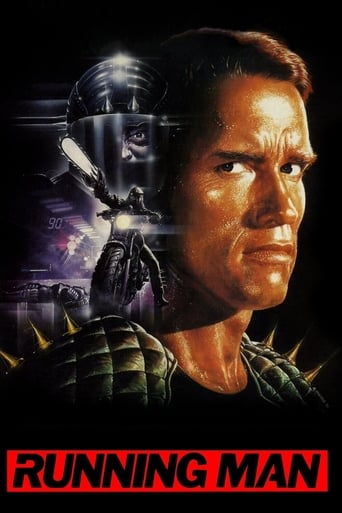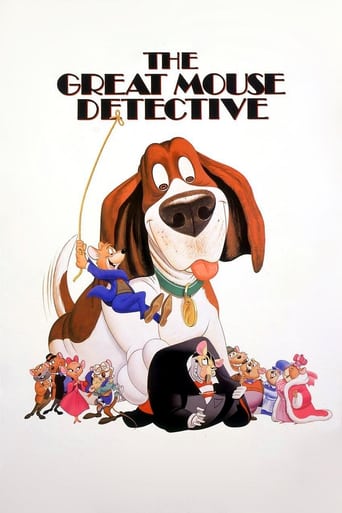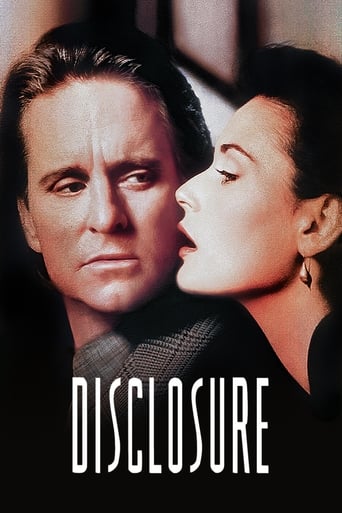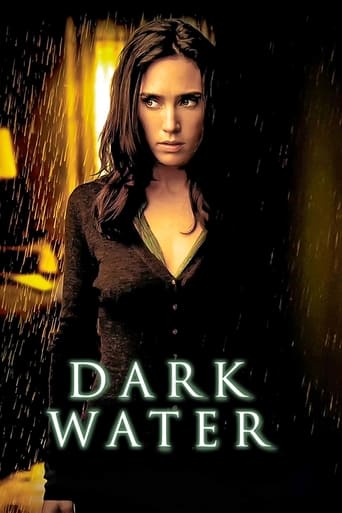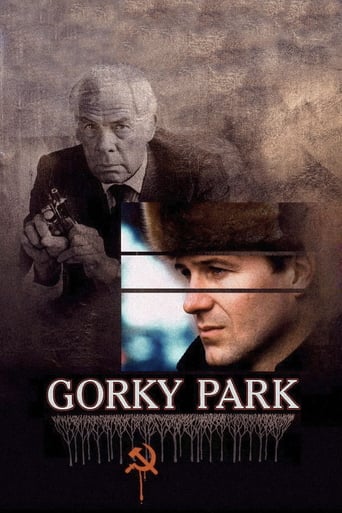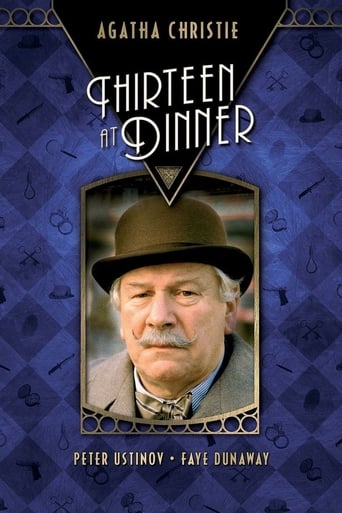
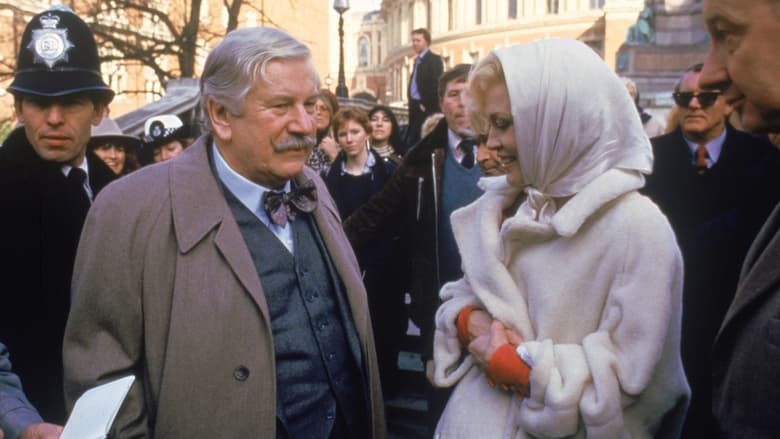
Thirteen at Dinner (1985)
Actress Jane Wilkinson wants a divorce, but her husband, Lord Edgware, refuses. She convinces Hercule Poirot to use his famed tact and logic to make her case. Lord Edgware turns up murdered, a well-placed knife wound at the base of his neck. It will take the precise Poirot to sort out the lies from the alibis - and find the criminal before another victim dies.
Watch Trailer
Cast


Similar titles
Reviews
I don't understand the negative vibes this one created by previous reviewers. THIRTEEN AT DINNER is an entertaining version of the Christie story with FAYE DUNAWAY enjoying herself in the dual role of a movie star obsessed with her own image, as well as a female impersonator who delights in amusing people with her look-alike job of mimicking the star. Her poses remind one of Marilyn Monroe.PETER USTINOV is fine as Poirot and David SUCHET is equally impressive as Inspector Japp, almost making you forget he went on to play Hercule for the British TV series. LEE HORSLEY has little to do but strut around as a not too bright movie star who never performs his own stunts and he does it well.Production values are good enough without being overly lavish, so I see no need to criticize them. Updating the story doesn't hurt as much as the updating with computer nonsense for one of Christie's best stories, MURDER IS EASY ('82) which was hurt by the modernization done by Carmen Culver on the script and putting American Bill Bixby in the lead.Poirot's explanation for the crime makes sense and we actually see how it was done in a useful flashback at the end of the story.For Christie fans, a good Hercule Poirot story brought to life by a talented cast.
A new batch of old TeeVee Christie adaptations have become available on DVD. I've been marching through them valiantly, looking for anything of value. Here it is. This one is good.The story on which it is based is one of Christie's more interesting experiments in playing with the mystery form: moving the narrative structure from one untrusted device to another. These sorts of narrative folds are challenging for filmmakers, which is why I movie versions of Agatha sleight of hand.Here, the adapters did something clever in changing the whole focus of the story from the dinner in question to the surrounding lives of the actors (and the aristocrats, same thing). If you ignore the generally cheesy production values, you'll be faced with one of the best Christie film adaptations I know.But the real gem is Ustinov's Poirot. Now I know I am in the minority here, but I find his Poirot the most satisfying. Its a tricky thing, making these evaluations, but the reason why has to do with his relationship to the process of discovery. With Marple, the process is a matter of already knowing what needs to be known about why things occur. All she has to do is match the circumstances she finds with what patterns she has stored.Poirot is a different sort. He is engaged in a genuine battle with evil, an obsession which he camouflages as a way to address boredom. His method is closer to the Sherlock model, reasoning from cause; following paths and possibilities. When you travel with a real Poirot, you are always living in the future, many speculative futures mapped onto data from the past to extend cause. So the second murder in a Poirot mystery is always preventable, but for his openness to too many possibilities. He then punishes himself, resulting in his most characteristic personality traits.TeeVee has taken the detective in a different direction. The engagement in the mystery is simply to present a series of baffling scenes and then explain them at the end. Along the way, you have to be, well, "entertained." So they create characters to do so. In the books, the humor was laid on top of the detective spine. Its because though Christie was a great plot designer, she was poor when it came to wordsmithery. She made up for this by creating engaging characters. The formula is reversed in TeeVee. That's why you have Suchet's Poirot, and Brett's Holmes. Their twitching and poking makes them amusing regardless of what happens around them. Ustinov creates a Poirot more in the spirit of one engaged with the narrative, and inspired by the drive to deduce.The bonus here is that his foil is on screen, Inspector Japp. Japp plays a different role in the detection than Holmes' Lestrade. He is competent, but limited in the ability to live in the future. He is, in fact, a junior Poirot. Here he is played by the very David Suchet who would become the much admired Poirot in a later series. His mannerisms are apparent here and distracting.Ted's Evaluation -- 2 of 3: Has some interesting elements.
Let me preface this by saying that I love all things Poirot. I love the books, I love the movies, I love the TV series, and I even love the video games. Peter Ustinov is my second favorite Poirot (Suchet is numero uno) but Ustinov was my first love. "Death on the Nile" is easily one of my top 10 favorite movies and so I thought I would at least like, if not love, this film....... OK now onto this movie. Right of the bat I have a problem with this film and that is that it's set in 1985. Let me repeat this because it's a HUGE issue. The producers decided to film this movie as though it were current day (1985 is when it was shot). While to new fans of Poirot this won't be an issue, to the rest of us it doesn't make any sense. Peter Ustinov played Poirot in "Death on the Evil" when it was set in 1937 now we're supposed to just go along with the same character not only being alive in 1985 but essentially being only 10 years or so older?? OK... even if you can get over the time period issue, you can not get over the acting and overall feel on this film. Ustinov's Poirot in this film is a far cry from the earlier films and seems as though he just sort of coasted through the performance. The rest of the cast (Dunaway and others) seem as though they are just there collecting a check so I never became involved with the whole "whodunit" part of the story.If you really love Poirot and are interested in this story, be sure to track down David Suchet's TV version of this with "Lord Edgeware Dies"... you can me later for the recommendation.PS: David Suchet as Japp was awkward and yet fun.
Unlike some reviewers here, and much as I admire Ustinov's talents and wit, I have never been convinced of him as the little Belgian, because decades ago I read all Dame Agatha's Poirot stories and Ustinov is too tall --- too big altogether --- and (although this will be down to the scripts plus the directors and designers of these movies) simply doesn't display the obsessive-compulsive, hyper-neat little man's character as his creator conceived and described him in print. Suchet does.When I saw Dead Man's Folly the overriding memory that I took away was of the supreme ineffectuality of Jonathan Cecil's Hastings. There is some of that here, but far less. This is occasionally Cecil's fault, but is chiefly that of the writer who gave him nothing coherent to do or say at times, so he seemed to be standing there in the scene simply waiting for the other actors to say their lines. Here, however, Hastings is given a bit more to say, although there are times when once again Cecil is all too obviously waiting for his cue to say his next line. Where he fails seriously in his acting is when he and Ustinov are alone and discussing the case, and Cecil never varies the bland "waiting for his next line" face and had I been the director I would have screamed at him "for goodness' sake, man, look astonished! How did Poirot come up with what he's just said?" or "Look worried! Look extremely alarmed, even! You've just been told this chap's life is in danger!" This is, I have to say, just fearfully weak acting from one who should be the number two regular part in this screen crime-busting team, but who in fact all too often is simply a bit of set dressing who seems to be a half-wit mostly unaware of the deadly crimes going on around him.


